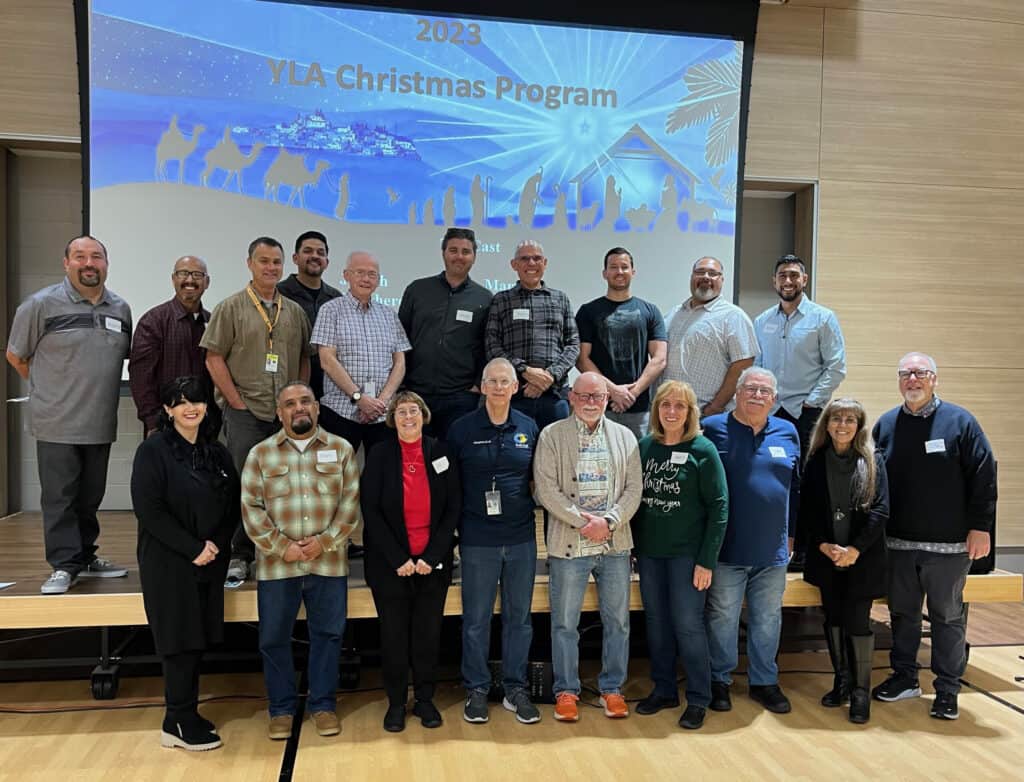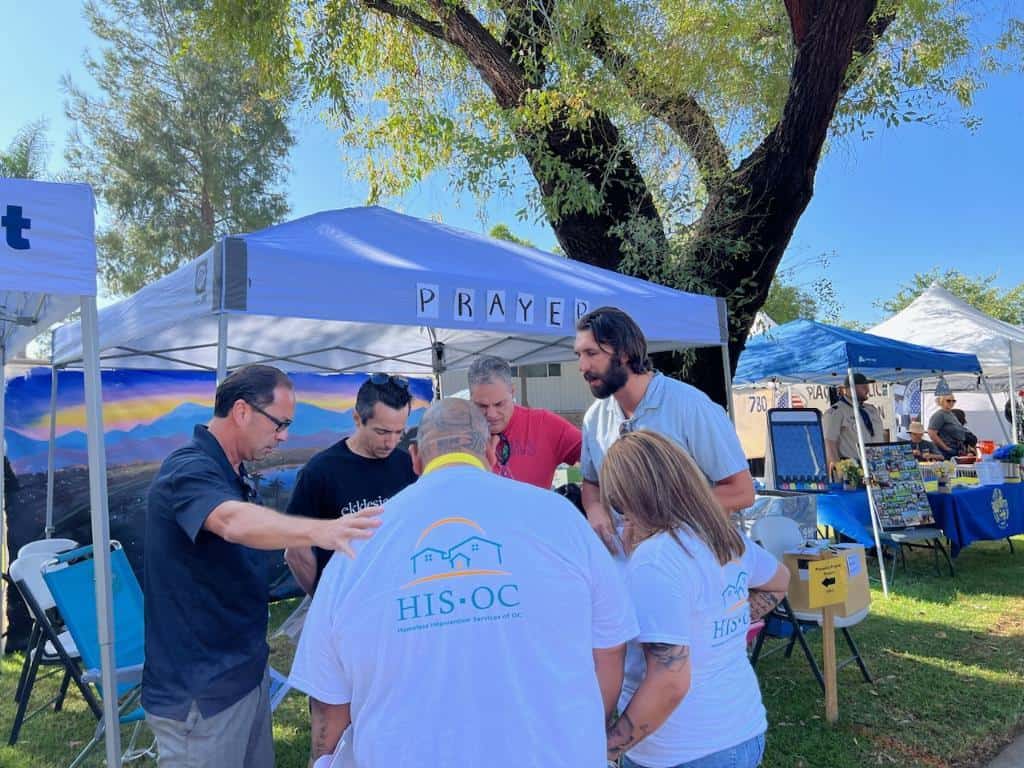“But seek the welfare of the city where I have sent you into exile, and pray to the Lord on its behalf, for in its welfare you will find your welfare.” –Jeremiah 29:7
“Greater things have yet to come,
Greater things are still to be done in this city.” –Chris Tomlin
When we launched North County Project in 2016 I had an opportunity to talk about our purpose to the Placentia city council. I shared the Jeremiah 29 verse with them because it has become very meaningful to me since we began this journey.
In preparation for the meeting I decided to memorize the verse. The exercise gave me a new perspective on this passage.
Consider first the context. The kingdom of Judah’s spiritual rebelliousness finally ended with God removing the population to Babylon. The temple they left behind lay in ruins, the walls of Jerusalem pulled down. The “Promised Land” became the forsaken land.
The Jews endured a forced march of about 900 miles which ended in the capital of the same people who had destroyed their country and way of life. Jeremiah’s prophecy begins in verse 5 by telling these beaten, humiliated survivors to “build houses and dwell in them…” Further they were to plant gardens, to encourage their children to marry and multiply.
Verse 7 is the zinger: rather than simply trying to make a passable private life for themselves, they were to “seek the welfare of the city…” That’s right—God tells them to pursue the prosperity of the very city-state responsible for their devastation.
This call to invest in Babylon was what struck me as I memorized this verse and related it to myself: God did not instruct the Jews to “Get what you can from the city;” God’s people were to BLESS this city of oppressive gentiles (!). God’s people were to build houses and DWELL in them—become stakeholders. In fact, God says the Jews would experience blessing as a consequence of blessing the city.
Rather than blame the Babylonians for their suffering God instructs the Jews to bless them. This raised a question for me: “How do I dwell in MY city and seek its welfare rather than simply camping in my backyard or seeking favors from the powers-that-be?”
Perhaps this question is one we can all ask ourselves: how can I intentionally BLESS my community—without worrying whether anyone hears about it?



